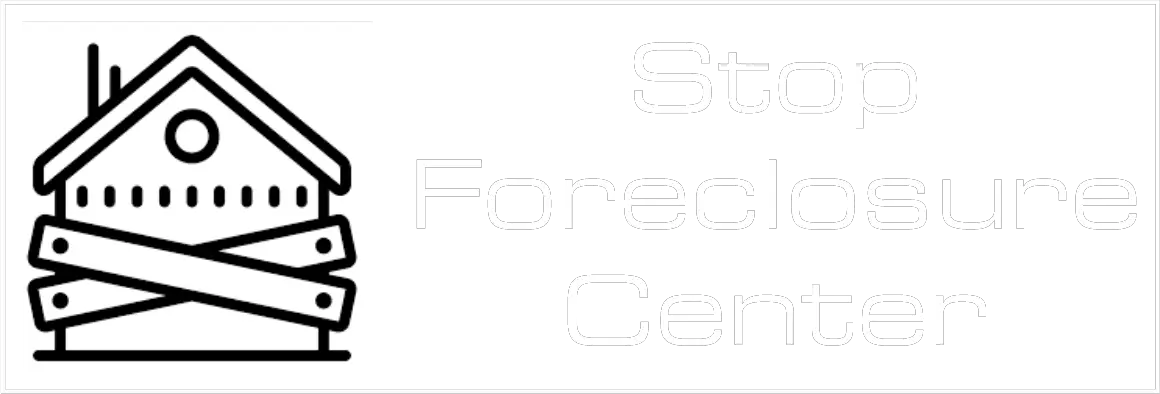Maintaining open and effective communication with your lender is paramount. Whether you’re seeking a mortgage, a car loan, or any other form of borrowing, establishing a productive dialogue can significantly impact your financial well-being.
In this article, we’ll delve into some essential tips for ensuring that your conversations with your lender are both fruitful and beneficial.
The Importance of Maintaining Communication
Effective and consistent communication with your lender is not merely a courtesy; it is a fundamental aspect of responsible financial management. Here, we’ll explore why maintaining an open line of communication with your lender is of utmost importance.
Ensures Clarity and Transparency
Maintaining communication with your lender fosters transparency in your financial relationship. It allows both parties to stay on the same page regarding loan terms, payment expectations, and any changes that may occur over time. This transparency reduces the likelihood of misunderstandings and disputes, ensuring a smoother borrowing experience.
Preserves Your Financial Reputation
Your credit history and reputation are closely tied to your ability to communicate effectively with your lender. Consistently meeting your obligations and addressing any issues promptly demonstrates responsibility and reliability. On the other hand, avoiding communication or neglecting financial commitments can tarnish your credit score and hinder your ability to secure loans or favorable interest rates in the future.
1. Know Your Lender’s Contact Information
Before we dive into the nuances of effective communication, it’s crucial to have the basic information on hand. This includes your lender’s contact details, such as their phone number, email address, and office location. Having these at your fingertips will save you valuable time when you need to reach out.
2. Be Prepared
Preparation is key to any successful conversation with your lender. Gather all the necessary documents related to your loan or account. This may include statements, payment history, and any correspondence you’ve had with them. Being organized will help you address any questions or concerns effectively.
3. Understand Your Loan Terms
To communicate effectively with your lender, you must have a solid grasp of your loan terms. Know the interest rate, repayment schedule, and any associated fees. This knowledge will empower you to ask informed questions and negotiate when necessary.
4. Be Clear and Concise
When reaching out to your lender, clarity is of utmost importance. Express your concerns or inquiries in a straightforward and concise manner. Avoid jargon or overly technical language that may confuse both parties.
5. Communicate Early
If you foresee any issues with your loan, it’s essential to communicate with your lender as soon as possible. Early communication allows for potential solutions to be explored and prevents minor problems from snowballing into significant financial hurdles.
6. Ask Questions
Don’t hesitate to ask questions when you’re unsure about something. Your lender is there to assist you, and seeking clarification can prevent misunderstandings down the road. Remember, there are no silly questions when it comes to your finances.
7. Be Courteous and Respectful
Maintaining a respectful tone during your conversations is essential. Even if you’re frustrated or facing difficulties, maintaining professionalism and courtesy will help foster a more productive dialogue.
8. Explore Options
If you encounter financial hardships that affect your ability to make payments, discuss potential solutions with your lender. Many lenders are willing to work with borrowers to find alternatives such as loan modifications or temporary payment adjustments.
9. Document Everything
In any correspondence with your lender, it’s wise to keep a record of the conversation. This includes notes from phone calls, email exchanges, and copies of letters sent or received. Documentation can serve as valuable evidence if disputes arise.
10. Stay Informed
The financial industry is constantly evolving, and loan products change over time. Stay informed about any updates or changes in your loan terms, interest rates, or available options. Being aware of these changes can help you make informed decisions.
11. Seek Professional Advice
If you’re facing complex financial issues or are unsure about the best course of action, don’t hesitate to seek advice from a financial advisor or credit counselor. They can provide expert guidance tailored to your specific situation.
12. Review Your Credit Report
Periodically reviewing your credit report is a proactive step to ensure accuracy and identify any discrepancies. This can help you maintain a healthy credit score and prevent any surprises during your lender communications.
Conclusion
In conclusion, effective communication with your lender is vital for maintaining financial stability and resolving issues when they arise. With these tips and approaching your lender with a clear, respectful, and prepared mindset, you can ensure that your dialogue remains productive and mutually beneficial.

